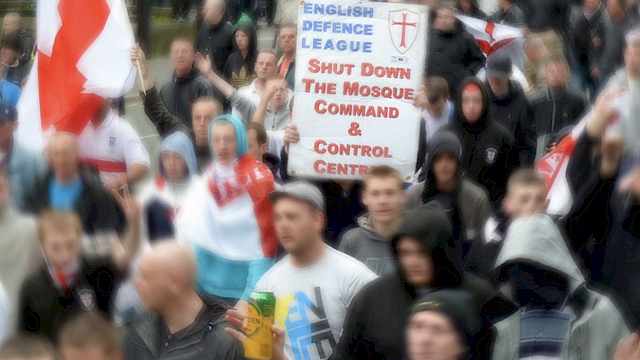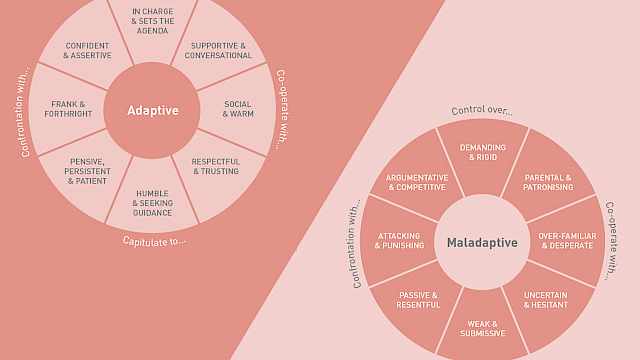The idea that the West and Islam are at war isn’t limited to a few sidelined activists. It’s an idea that played a prominent role in the 2016 US Presidential election; can be heard regularly in some media outlets; and has taken hold in various populist parties and movements across Europe.
The idea of a global religiously-inspired war between the West and Islam has provided a strong narrative for people, both Muslim and non-Muslim, to mobilise and organise around.
The Counter Jihad Movement is a loose collection of groups and individuals who believe that the West and Islam are at war. It isn’t a tightly organised movement, but rather a network linked by their shared world view, with various interconnecting relationships, that include financial and ideological support.
While there are certainly extreme elements within this movement, it is seldom a direct source of organised violence
While there are certainly extreme elements within this movement, it is seldom a direct source of organised violence. However, it has been an inspiration for some violent attacks. For example, Anders Breivik cited several counter-jihad activists in the political compendium he published before killing 77 people in Norway in 2011.
The movement also contributes to the discourse between extremist narratives – not least by reinforcing the notion held by Islamist extremists that the West is at war with them. Some of the beliefs of the Counter Jihad Movement include:
- A homogenous, literalist and totalitarian Islam that is at war with the West
- A culturally unified West with a shared Judeo-Christian morality and liberal values
- Muslim immigration is a conscious attempt to impose Sharia law in the West: Islamisation
- Western leaders are too weak to counter Islamic aggression, or even are complicit with it.
While these views are most readily associated with street movements such as the English Defence League and PEGIDA, some of these ideas are not too dissimilar to views held by populist parties running for election in many Western countries: parties like the Belgian Vlaams Belang, Sweden Democrats and the UK’s LibertyGB.
Copyright Information
As part of CREST’s commitment to open access research, this text is available under a Creative Commons BY-NC-SA 4.0 licence. Please refer to our Copyright page for full details.






